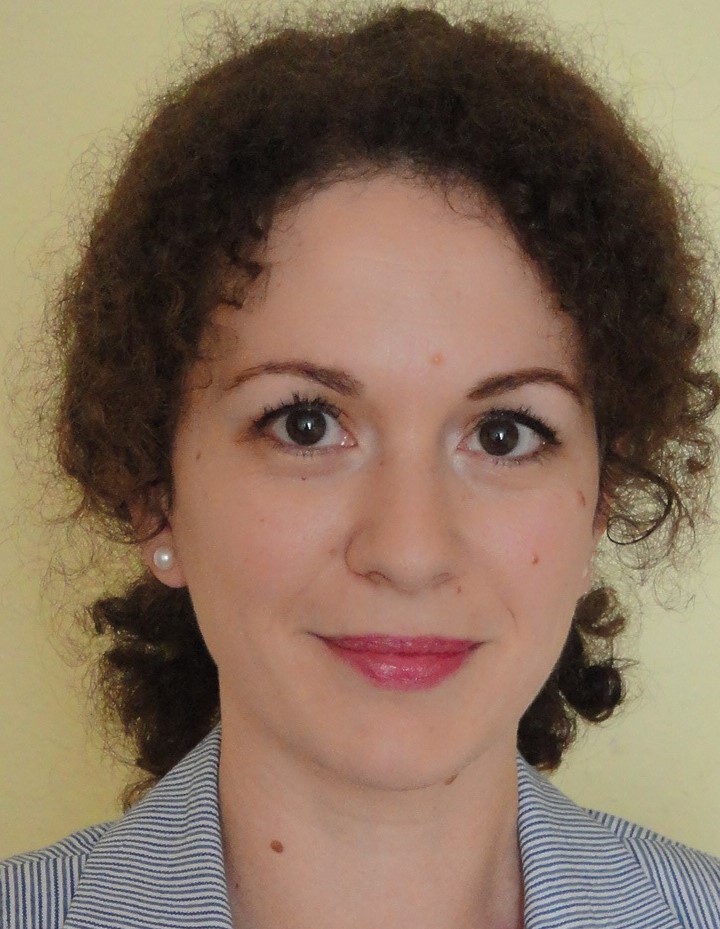X. Working Group on Non-Governmental Organizations in Central and Eastern Europe

Michael Brintnall, ASPA Council, US
E-mail:mabrintnall@gmail.com
Michael Brintnall is formerly the Executive Director of the American Political Science Association and of the National Association of Schools of Public Affairs and Administration in Washington DC, and has held senior positions in academic administration and in the US federal government. He is a Fellow of the National Academy of Public Administration and currently serves on boards for the American Society for Public Administration, the Environmental Investigation Agency, Tango Mercurio, and the National Humanities Association Foundation.

Gyorgy Hajnal, Member of
the NISPAcee Steering Committee / Professor, Head of Department,
Corvinus University of Budapest / Senior Researcher, Institute for
Political Science, Center for Social Research of the Hungarian Academy
of Sciences (IPS CSR HAS), Hungary
E-mail:gyorgy.hajnal@uni-corvinus.hu
Gyorgy Hajnal is a Professor in the Department of Public Policy and Management, Corvinus University of Budapest and Senior Researcher at the Hungarian Academy of Sciences, Institute for Polictical Science. Prior to his current positions he worked as a Senior Researcher/ Head of Department for 15 years at the Hungarian Institute of Public Administration and its successor organisation. Besides his full-time academic positions he has been and contiues to be extensively involved in international research cooperation projects in topics relating to comparative public management reforms. He has also served as a consultant to various international academic, governmental and business organisations.
WG Assistant Coordinator:

Réka Zsuzsánna Máthé, PhD Student, National University of Public
E-mail:mathe.reka@uni-nke.hu
Réka has earned her master’s degree in Management of Public Institutions and Non-Governmental Organisations offered through a programme of Babes-Bolyai University and Michigan State University. She is a PhD student of the National University of Public Service and her research focuses on policies related to civil society and social capital. Concurrently, she is furthering her studies in European public administration and policies at the College of Europe in Belgium. As a young researcher, she has gained experience by earning a national research grant; research that was overseen by the Hungarian Academy of Science, and is participating in an international research programme. Her past experience also includes working at various NGOs in Europe and the Silicon Valley, United States, as well as completing a leadership development programme with the US Federal Government.
Main focus and working aims
The Working Group’s aims are to better understand the role of NGOs in governance in the CEE region (in the geographically broad sense), to analyse the activities and performance of this sector, and to explore multi-sector strategies for meeting the public interest, amongst other things. Our definition of NGOs is broad and involves informal organisations, cooperatives, non-profits, civil society organisations, and so forth. Our focus is particularly on those NGOs whose mission is strongly related to the public interest and that work in the areas of governance, social and health services, public policy, citizen participation, human rights, and/or humanitarian aid. We also intend to explore the role that NGOs play – independently and in multi-sector collaboration with government institutions – in defining and achieving the public good.
Specific goals
The main theme of the Working Group on NGOs panel for the 2018 conference is the relationship between the state and the third sector regarding service delivery, broadly understood.
We are especially interested in learning about the following topics:
-What is the role of NGOs in delivering services at the national and local level in CEE countries?
-What are examples of existing cooperation between NGOs and national and/or local government in the region to deliver services in various policy arenas?
-How is such cooperation between various NGOs and the state occurring, and how do various countries compare to each other in this respect?What prompted this cooperation to occur and what form does it take?
-How is such cooperation – its process, outcomes, and success – influenced by government policy, legislation, financial support and public attitudes?
-How does this cooperation influence the internal structure and operational procedures of NGOs? What factors in NGO practices or structure facilitate or impede the success of collaboration with government?
-What methods of measurement are used in evaluating organisation and programme performance with respect to service delivery and inter-sector cooperation?
Guidelines for contributors
We welcome abstracts from scholars and professionals with an interest in the non-governmental sector and in multi-sector governance processes, including practitioners working in the sector. We invite all to join us for the 26thNISPAcee Annual Conference. We welcome papers with a theoretical, empirical, and/or analytical focus that relate to the above mentioned themes.
Abstracts will be judged on the relevance and quality of the submission and selection criteria will be the following:
·clear and concise description of the paper, conveying the paper’s importance and significance in the field,
·originality of the work,
·quality of the research design and methodology,
·relevance of the proposal to the Conference’s theme.
Guidelines: The submitted title and abstract should include the following:
·Title: clear description of the paper and its contents
·Abstract: We expect abstracts to be between 200-400 words. In case of empirical studies, it should include the research design, clearly stated research questions, data sources, data collection procedures, the analytic approach and, if possible, results.
·Practical applications to the field should also be mentioned.
